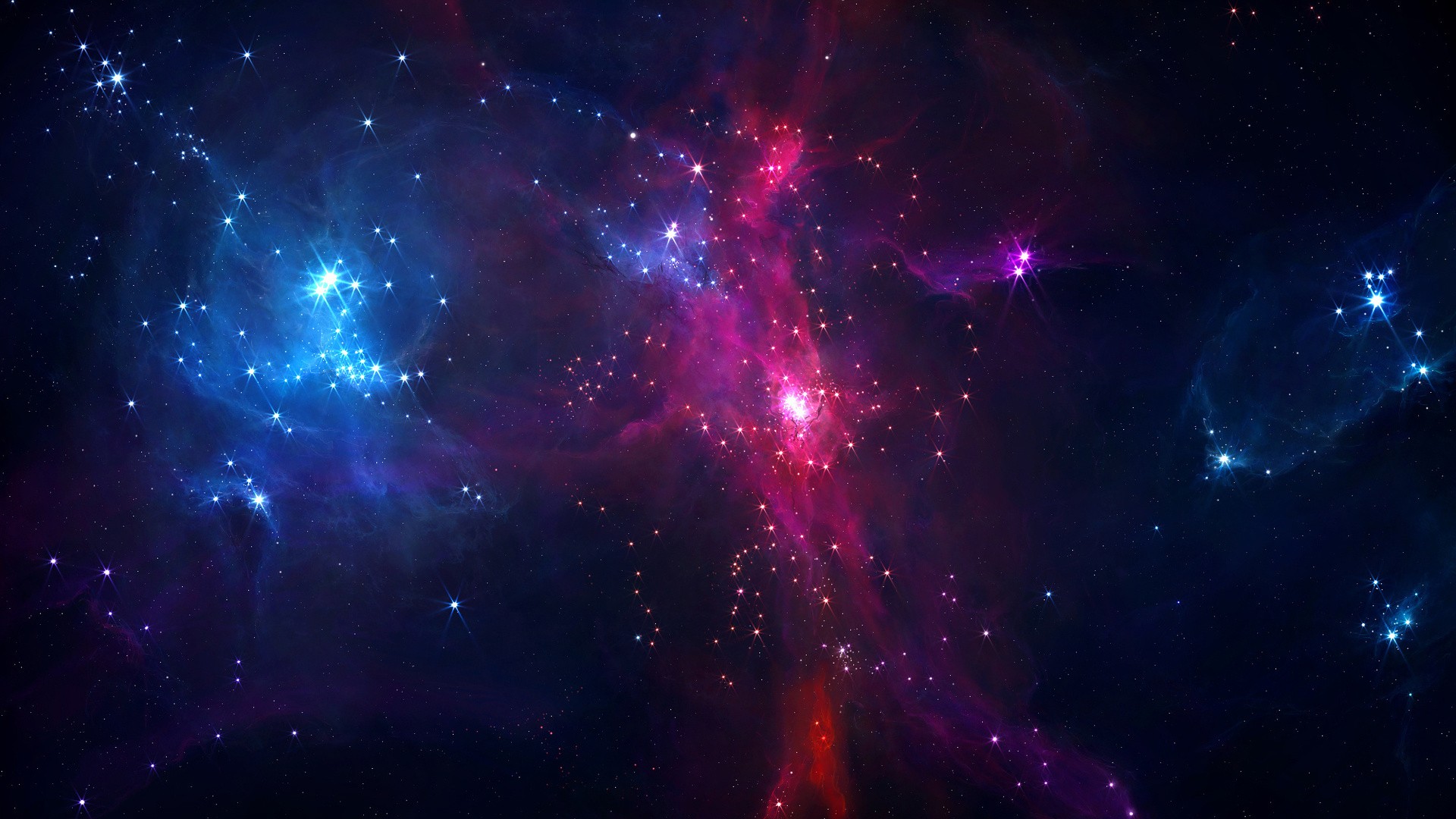
Researchers have found that the lettuce, grown on board the International Space Station, is as nutritious as counterparts grown on the Earth, an advance that may help astronauts grow safe, fresh food during space missions.

The cotton seeds sprouted inside of a container as part of the lunar mini-biosphere experiment aboard the lander. And, just over a week later, or some 213 hours, the experiment is over and the plants are dead.

The agency just launched the Cold Atom Lab, a box that takes advantage of microgravity aboard the International Space Station and creates a temperature roughly 10 billion times colder than the vacuum of space.

The Genes in Space-3 team turned a possibility into reality in 2017, when it completed the first-ever sample-to-sequence process entirely aboard the space station.

The discovery is a major game-changer for planning our relationship with the Red Planet in the future. The good news: There will be salads.

The agency is considering how to conduct science experiments on the Deep Space Gateway station, even while no crew members are on board.

This particular SpaceX launch made history in another way: by carrying a Chinese science experiment to the station for the first time.

A new experiment shows that long-term exposure to microgravity affects bacteria at the genetic level.

The Prototype Lunar/Mars Greenhouse project uses what's called "bioregenerative life support system" that mimics Earth's environment to be able to grow plants outside our planet.

Crew members aboard the International Space Station will begin conducting research this week to improve the way we grow crystals on Earth.

Sending an antibiotic-resistant superbug to a zero-gravity environment like the International Space Station will help NASA better understand how superbugs mutate to become resistant to available antibiotics.

According to the mission schedule, the astronauts will remain in the space station for 30 days and spend a total of 33 days in space, making the mission the longest in space so far for China.

Gene expression data suggest that bacteria experience reduced glucose uptake and increased extracellular acidity in E. coli in space.

China is scheduled to launch a human-rated spacecraft the size of a bus Thursday, paving the way for a month-long visit by two astronauts in October and nudging the country’s space program closer to building a large research complex in orbit by the early 2020s.

China in testing its first space laboratory module, the Tiangong-1, at the end of this week. The module will conduct docking experiments after entering